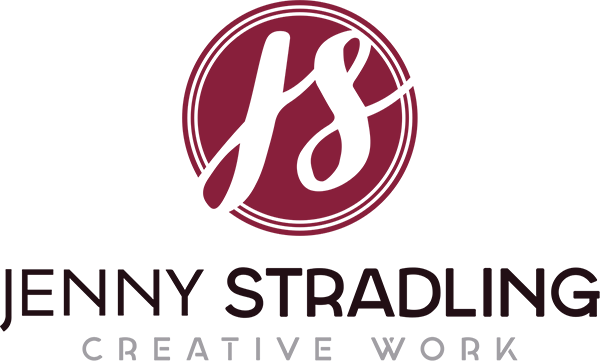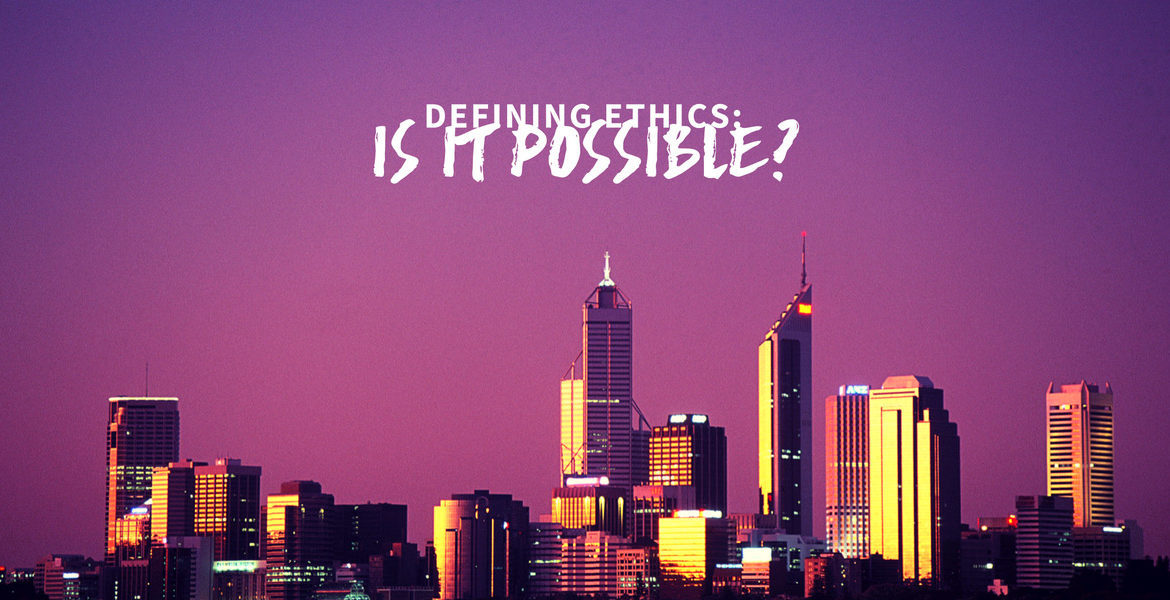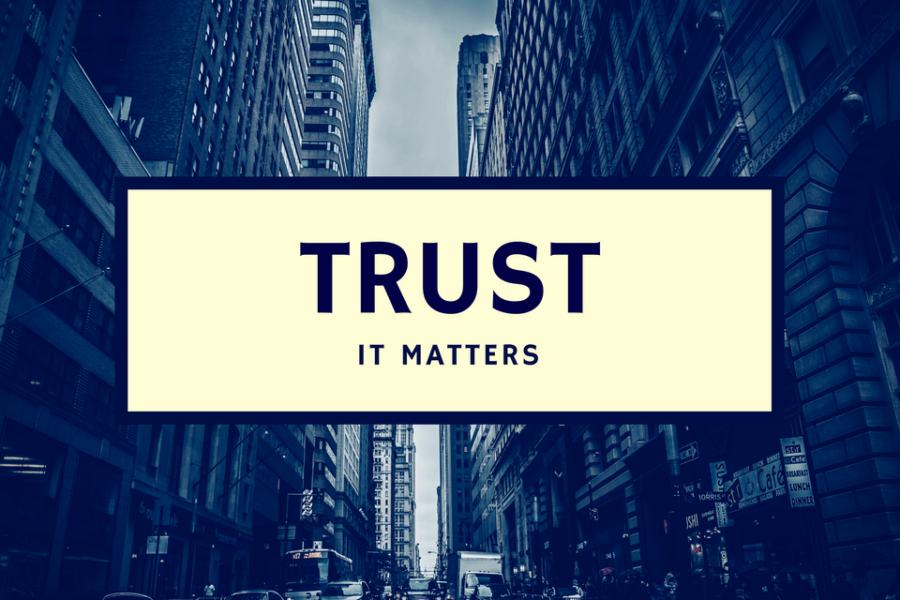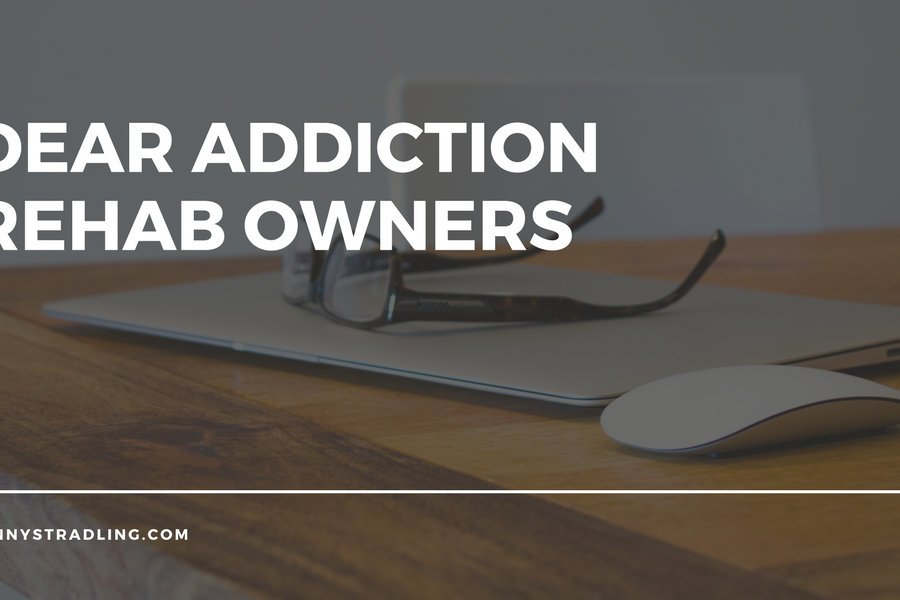Ethics.
This is not the first time I have tried to write this post. This topic comes up regularly for me, actually. So much so that I have even decided it will be an entire category on my blog (which is actually saying a lot if you consider I only recommend about 8 categories total).
But, I have struggled to simply write about ethics because, as it turns out, it is a very vast topic … and not everyone agrees on what makes someone or something ethical.
So, let’s talk about that first. What does it mean to have ethics or to be ethical?
Ethics Defined
Ethics, defined as noun:
- Moral principles that govern a person’s or group’s behavior.
“Judeo-Christian ethics”
| synonyms: | moral code, morals, morality, values, rights and wrongs, principles, ideals, standards (of behavior), value system, virtues, dictates of conscience
“Your so-called newspaper is clearly not burdened by a sense of ethics.” |
- The branch of knowledge that deals with moral principles.
Don’t you love how the definition of a word is another word? To have ethics is to have moral principles. Okay, so moral principles means what?
Also a noun:
- The principles of right and wrong that are accepted by an individual or a social group.
“the Puritan ethic”; “a person with old-fashioned values”
Is it just me, or are all of these definitions pretty vague? Ethics, morals, value … what is the difference and are they really left to the individual to choose the standard?
The more I read, the less I know. This is crazy! But here we go anyway…
What Is The Difference Between Ethics and Morals?
For the sake of this post, let’s just say that, for the most part, we all agree ethics are a set of principles based on a philosophy or theory, as in “code of ethics.” Morals are more like a set of personal values an individual has and uses when making decisions on what is “right and wrong”. And, generally speaking, this is developed and influenced by the culture, religious upbringing and shared ideals of society, regardless of whether they are all practiced.
If this is true, however, how are ethics defined within a society that practices vastly different religions? Or, how is a collective set of morals defined when “society” is made up of an entire country with millions of people from all different parts of the world?
For example, think of an Irish-Catholic man who grew up in Detroit, Michigan and later went on to become a police officer in the same town. It would be very easy for him to answer questions about his faith, his family traditions, his work obligations and moral code, because it’s all so clearly defined by the life he has lead. From his heritage to his duties, it’s all very black-and-white. Right and wrong is clear in his mind.
On the other hand, take someone who has been forced to leave their own country due to war, who was raised in fear and poverty, and on the run their whole lives. Pretend this person lost their family and has been mistreated and has nowhere to go – with no money. Now, ask this person about morality or to define what is right and wrong. It might not be so black-and-white.
Are Ethics Universal?
We are foolish if we think there is somehow one set of moral standards. There is no universal standard: It literally differs from person to person and group to group. And frankly, it’s pretty naïve to assume anyone else defines their values the same way you do.
The study of ethics is really a study on moral issues and problems in our society: We want to look at and define how someone SHOULD act. In other words, we really want to be able to look at any act and define it as right or wrong. But, can we really do that when our values differ?
All you have to do is turn on the news right now to see our country is divided. It is clear we do not all agree on a set list of moral terms, particularly within the political arena … and what belongs on the list of right vs. wrong is not just a little grey.
I don’t think we stand a chance of defining any kind of universal ethics in black-and-white terms. Not anytime soon. Not unless we can A) first define what is good, and B) enforce it.
What Is ‘Good’ Anyway?
Can we find common ground on what defines “good” by looking at what all good things have in common? Wouldn’t that be a little like asking a child to define the word love? You know they feel love, they understand love, they know love. But can it really be defined?
Maybe good is just like love. If you don’t already know what it is, it can’t be explained to you with any other words. And, if that is true, and your moral obligations are based on your own sense of good and bad, maybe we’re asking the wrong questions. Maybe we should be asking:
Is it even possible to agree on a collective good and bad?
Is there only one right and therefore all others are wrong?
And, if not, then is it fair to hold each other to ONE set of societal ethics and moral standards?
I don’t see how we can.
Yet, aren’t we doing that every day? Are our courts of law not governed by moral principles? Do we not allow churches, judges, executives, teachers and even parents to operate under a set of written (and oftentimes unwritten) moral standards?
Morals: What Should We Do?
Whenever we have to ask ourselves, “What should I do,” this is a question of morals. Unfortunately, this can diminish the meaning of the word as it applies to both big social issues, such as war and climate change, and to smaller, more personal issues.
Maybe people are confused about moral principles and how they apply to everyday life. We often think of morals as broadly defined values, such as the Ten Commandments or the Golden Rule, but aren’t morals really our own set of personal rules and standards? And, aren’t those personal standards reflected in how we react to circumstances?
If I asked you, for example, if you recycle and you gave me an excuse, “My city doesn’t collect paper unless we bundle it,” “I don’t have the time,” or, “I never thought about it,” do any of these reasons make you unethical? Would you consider your actions or words immoral? Probably not.
But, what if I explained the value in recycling and showed proof of the positive environmental change, and then I asked you if you thought recycling was your moral obligation? Would your previous mindset become unethical? Possibly.
If calling someone unethical for not recycling seems silly, try contextualizing it on a grander level. Some of the consequences of not recycling include increased environmental pollution, reduced natural resources, increased energy consumption and reductions in the economy. It’s pretty safe to say the majority of our society would agree: knowing the facts it’s “right” to recycle or “wrong” not to recycle. In these very direct terms it would then be very easy to get a collective group to agree it is unethical or immoral not to recycle.
The Conflict
Even if we can use the question, “What should we do?” as the basis for defining our moral obligations, does that really tell us what is and isn’t ethical? Or, could we be using ethics as a means to define right vs. wrong universally when, in reality, it is only something we can define for ourselves?
Today, when I read stories on social media, my heart breaks. This election is proof to me that a lot of hate still exists in our country. I often think of the great words of Dr. Martin Luther King when I hear stories about hate, racism, sexism, homophobia, fascism, etc. He said, “Our lives begin to end the day we become silent about things that matter.” And, you know what, he was right.
Yet, who gets to define what matters?
The Conclusion
Ethics can’t be discussed without also discussing morality. Before we can agree to a standard code of ethics, for example, we would have to agree on what is morally correct – which is to also say we agree on the distinct differences between right and wrong or good and bad behavior. And that, my friends, is much harder than it seems.
We’d all like to believe that our communities and even shared religious groups would all reflect the same code of ethics. But, as it turns out, when you get to know the people in your own community, I think we really are functioning alongside people who have completely different sets of moral codes. We are going to work with, do business with, and sometimes even become friends with people who believe differently than we do. And, that is going to have to be okay.
I think what really matters is defining and having your own set of moral principles. Then, you really just have to align yourself with others who operate with the same or a similar code of ethics in order to find your place in society. Not everyone will always agree on everything, but we did agree that majority rules, and in doing so, we agree that morals are better defined by a society.
In other words, if you want to know what is considered ethical, you really have to look at the acceptable societal norms. I think this is as close as we get to defining ethics. Or, it’s at least a good place to start.




gate 2017 mechanical results
February 15, 2017 at 6:04 pmKeep on writing, great job!
financial planning help
April 12, 2017 at 12:47 pmGreetings! Very useful advice in this particular article! It is the little changes that produce the greatest changes. Many thanks for sharing!
jennystradling
April 12, 2017 at 4:54 pmAgreed. I believe it was Napoleon Hill that said “Strength and growth come only through continuous effort and struggle.”